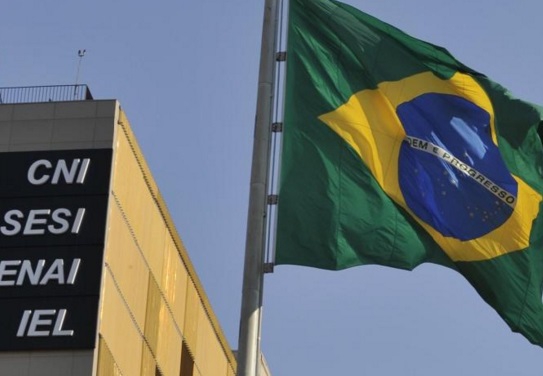query_builderConfederation of Industries recommends the privatization of Brazilian ports to resolve logistic bottlenecks
All News
->All Brazil News
Published: 6/29/2018
Logistics is one of the main bottlenecks for Brazilian development. With a meagre railway connection and a still emerging cabotage (transport of goods between two places in the same country by a transport operator from another country.) model, Brazil’s transportation matrix is highly dependent on roads, which account for 61% of the country’s cargo movement.
In order to unlock investments in this sector and leverage a sustainable development for the Brazilian economy, the government released in 2016 the Investment Partnership Program (PPI), with the objective of allocating US$ 43 billion to the improvement of Brazilian infrastructure. In the air transportation sector, for example, a major privatization program was initiated, conceding 54 airports to the private administration and significantly expanding the country’s passenger capacity.
However, regarding sea transportation, the scenario is still far behind. Brazil has 37 public ports, accounting for 232 terminals. In 2017, only US$ 53 million was invested in these ports, representing only 26% of the authorized budget by National Secretariat of Ports/Cia Docas. Mismanagement and political interference are considered the main problems that block a greater development of maritime infrastructure in Brazil. Cargo shipment within terminals is 100% controlled by the private sector.
Willing to advance a privatization agenda for public ports, the administration of President Michel Temer chose Codesa (Companhia Docas do Espírito Santo) to be a pilot project. Codesa was selected for being the only public port among eight others without significant liabilities, attracting more interest from foreign investors. However, the process was interrupted by a manifestation of the Ministry of Transports recommending Codesa to remain under public administration.
This situation led the Brazilian Confederation of Industries (CNI), the main private advocacy association in Brazil that congregates 26 state-level federations, to release a new study entitled “Port System: advances, problems and agenda” which enumerates recommendations to achieve all Brazilian ports to reach international standards.
The priority number one is to transfer the administration of public ports to the private sector, in a similar model of the one implemented for airports. This shift towards improved management would facilitate the solution of other major bottlenecks such as the renovation of the maritime access to ports by dredging, releasing public investment to focus on land access projects. The study also recommends the suspension of the charge over container scanning.
The document will be delivered to the pre-candidates for Brazil’s presidential elections, to be held in October 2018. The Confederation of Industries aims to obtain a compromise by all candidates to, once elected, to develop a collective agenda to privatize Brazilian ports and increase the efficiency of the country’s foreign trade. Brazil ranks as 55th in the logistics ranking elaborated biannually by the World Bank.
Source: National Confederation of Industries (CNI)
-
No Attachments
